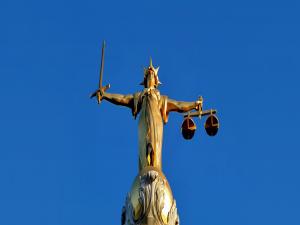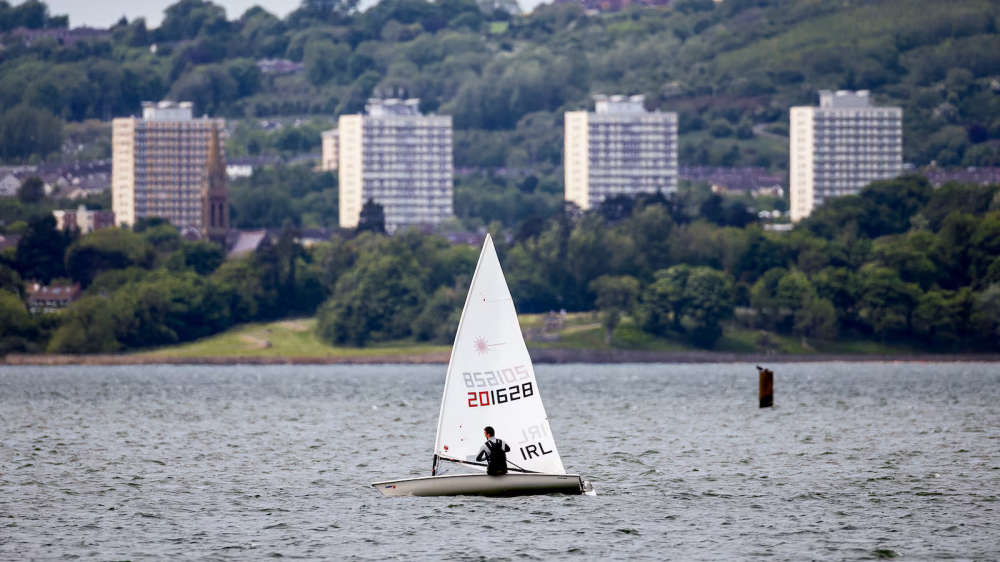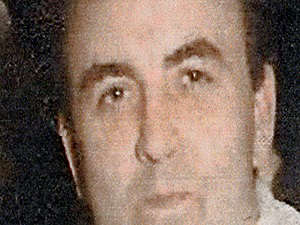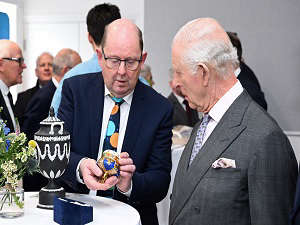
By Rebecca Black, PA.
The process of hearing dozens of fresh inquests into deaths from Northern Ireland's troubled past will likely be delayed due to coronavirus, the Presiding Coroner has said.
Mrs Justice Keegan had been considering sequencing of cases based on states of readiness, and was due to announce year two of the process.
But the world has "changed beyond recognition" due to the coronavirus pandemic, she said in a statement on Wednesday.
All non-urgent court business, including legacy inquests, have been adjourned amid the lockdown.
And with no date for the end of the lockdown, nor available detail about how the transition out of it will look, Mrs Justice Keegan said it was "obvious" there would be delays.
Further detail will be announced in June around which cases may be heard during the second year of the £55 million plan to deal with 52 legacy inquests, involving 93 deaths between the 1970s and 2000.
"I appreciate that this is disappointing for those involved, particularly the families of the deceased," the Presiding Coroner said in a statement.
"However, given that the full impact of the Covid-19 pandemic on the planned year one inquests cannot yet be ascertained, I have decided that it is better to postpone the year two announcement to see how the situation develops.
"I will keep the feasibility of sequencing a second tranche of inquests under review and I will make a further statement on the position in June 2020."
Presiding Coroner's statement in relation to legacy inquests - April 2020 https://t.co/eURbrTJmvr
— Judiciary NI (@JudiciaryNI) April 29, 2020
The Presiding Coroner urged "continued forbearance and patience".
"By way of general update, I can confirm that all year one inquests have been allocated to a coroner or judge," the statement continued.
"I have to say that the work that can be done is limited at present due to the impact of Covid-19 on Legacy Inquest Unit staff and disclosure providers and given the age profile of many witnesses.
"We will keep our working arrangements under review in order to maintain momentum in these inquests insofar as possible.
"As part of this evolving situation we will consider the feasibility of alternative practices, such as dealing with directions by way of written submissions and remote working."
Meanwhile, Mrs Justice Keegan announced that the Lord Chief Justice had allocated Mr Justice O'Hara to case manage the Stalker and Sampson inquests and Mr Justice McAlinden to the inquests into the shooting of eight IRA men and a civilian by soldiers at Loughgall, Co Armagh, in 1987.
"Of course, given the restrictions in place, all interested parties should understand that progress will not be immediate and, once commenced, the task of case management will undoubtedly be difficult and take an appreciable period of time," Mrs Justice Keegan added.


 Forensic accountants to examine projected NI Water overspend, Kimmins announces
Forensic accountants to examine projected NI Water overspend, Kimmins announces
 Nine Northern Ireland schools targeted with threatening email thought to be hoax
Nine Northern Ireland schools targeted with threatening email thought to be hoax
 Exhumed remains not those of Disappeared victim Joe Lynskey
Exhumed remains not those of Disappeared victim Joe Lynskey
 King and Queen conclude three-day visit to Northern Ireland
King and Queen conclude three-day visit to Northern Ireland
 Conor McGregor seeks to introduce new evidence in civil rape appeal case
Conor McGregor seeks to introduce new evidence in civil rape appeal case